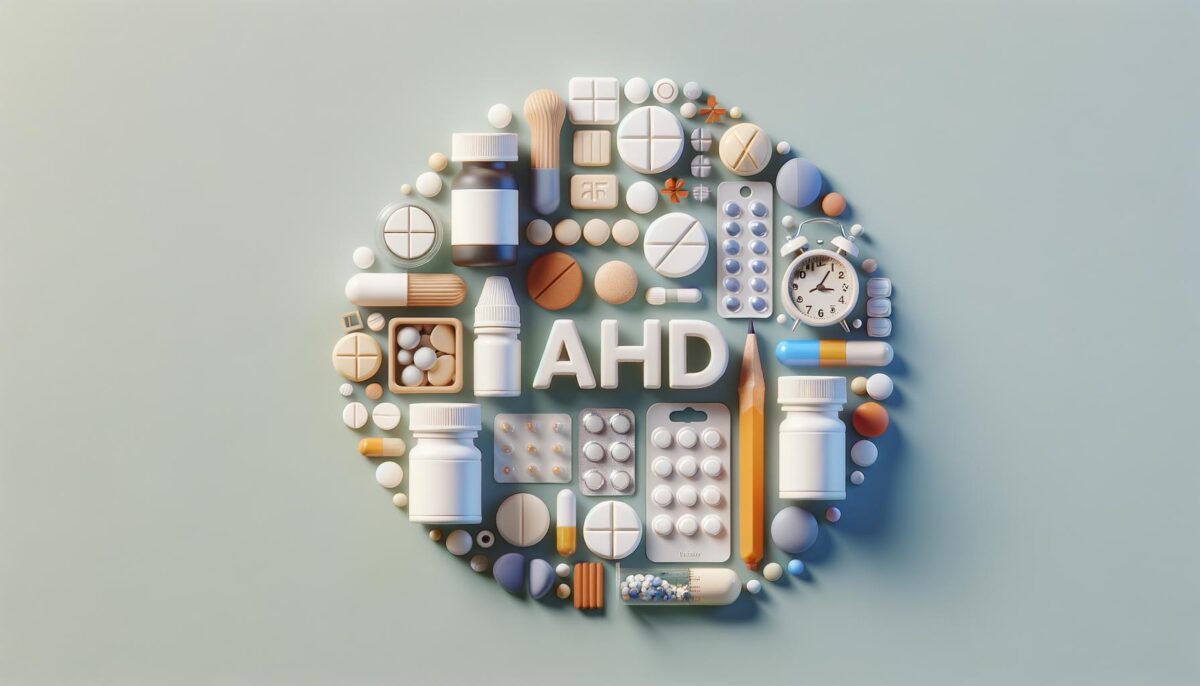Recognizing ADHD Symptoms
Before discussing ADHD treatment options, it’s essential to understand the symptoms associated with Attention Deficit Hyperactivity Disorder. ADHD symptoms generally fall into two categories: inattention and hyperactivity-impulsivity. Inattentive symptoms include difficulty maintaining focus, frequent careless mistakes, and challenges in organizing tasks. Hyperactivity-impulsivity symptoms might manifest as excessive fidgeting, constant movement, and the inability to wait turns. Recognizing these symptoms early can lead to a more comprehensive approach to mental health treatment, guiding the affected individuals and their families toward proper ADHD treatment strategies.
Approaches to ADHD Treatment
Effective ADHD treatment often involves a combination of strategies to address various symptoms. The primary approaches include:
- Behavioral therapy: This focuses on modifying disruptive behaviors and developing coping mechanisms.
- Medication: Options like stimulants and non-stimulants can help control symptoms significantly.
- Parent training and education: Equipping parents with supportive strategies is vital for enhancing a child’s success in managing the condition.
These strategies work best when tailored to the individual, taking into account the severity of ADHD symptoms and the unique circumstances of each person’s life.
The Role of Medication in ADHD Treatment
Medication is a critical component of many ADHD treatment plans. While there is no cure for ADHD, medications can effectively manage symptoms by enhancing neurotransmitter activity in the brain. Stimulants, the most commonly prescribed ADHD medications, offer marked improvements in focus and impulse control for many patients. Non-stimulant options, meanwhile, are beneficial for individuals who cannot tolerate or do not respond well to stimulants. These medications are typically part of a holistic mental health treatment plan, complemented by counseling and behavioral interventions. It’s vital for patients and their healthcare providers to discuss potential side effects and monitor the medication’s impact regularly.
The Importance of Behavioral Therapy
Behavioral therapy plays a significant role in ADHD treatment, emphasizing the development of social skills, organization techniques, and effective coping strategies. This treatment is instrumental in helping individuals with ADHD manage their symptoms in real-world situations. It often involves a structured plan to reward positive behavior, reduce disruptive actions, and teach compensatory skills. Moreover, therapy often includes components specifically designed for parents and teachers, enabling them to create supportive environments that promote positive behavior changes. Success in therapy is typically gauged by noticeable improvements in interpersonal relationships and academic performance.
Creating a Supportive Environment
ADHD treatment extends beyond therapy and medication to include creating an environment conducive to the well-being of individuals with ADHD. This involves ensuring structure and consistency at home and school, providing clear expectations, and using organizational tools to assist with task management. Schools can play a pivotal role by implementing individualized education plans (IEPs) or 504 Plans, which offer accommodations to support students with ADHD symptoms. Meanwhile, support groups and community resources can provide understanding and encouragement, helping individuals and families navigate the challenges associated with ADHD.
Conclusion
Effective ADHD treatment requires a multifaceted approach that encompasses understanding symptoms, employing strategic behavioral and medical interventions, and fostering supportive environments. By combining these components, individuals with ADHD can experience meaningful improvements in their daily lives. It is imperative for families and healthcare providers to collaborate closely, ensuring that each individual’s treatment plan is tailored to their specific needs, ultimately improving the quality of life for those affected by ADHD.
